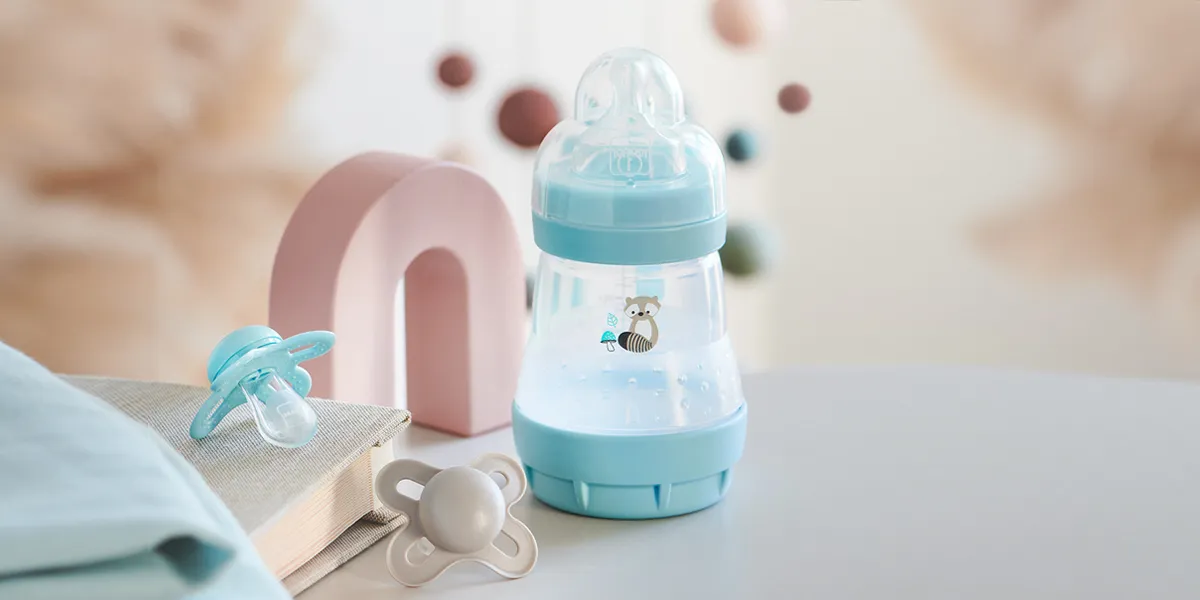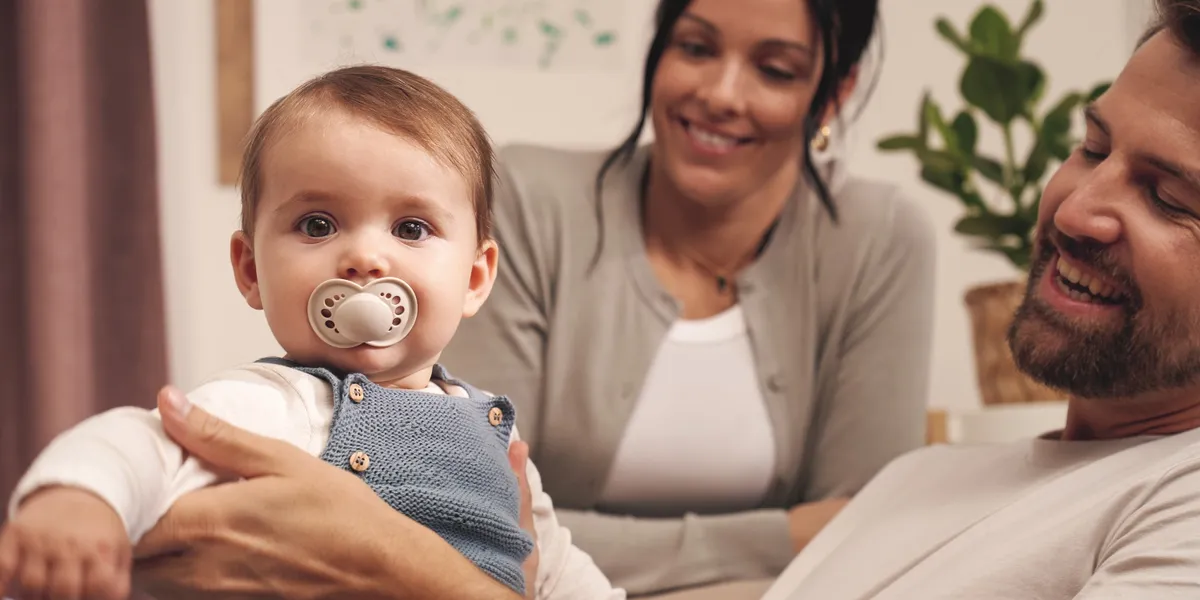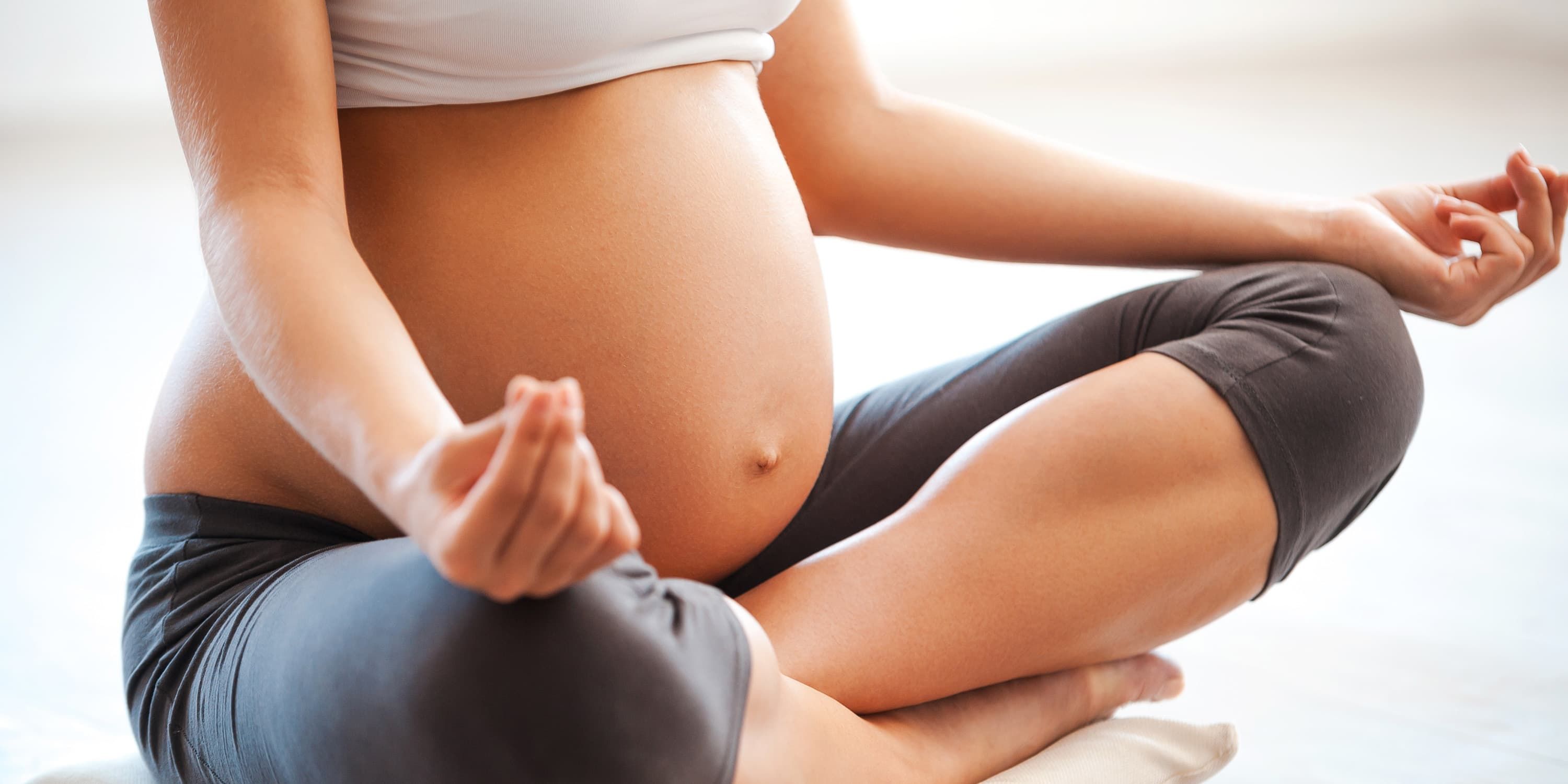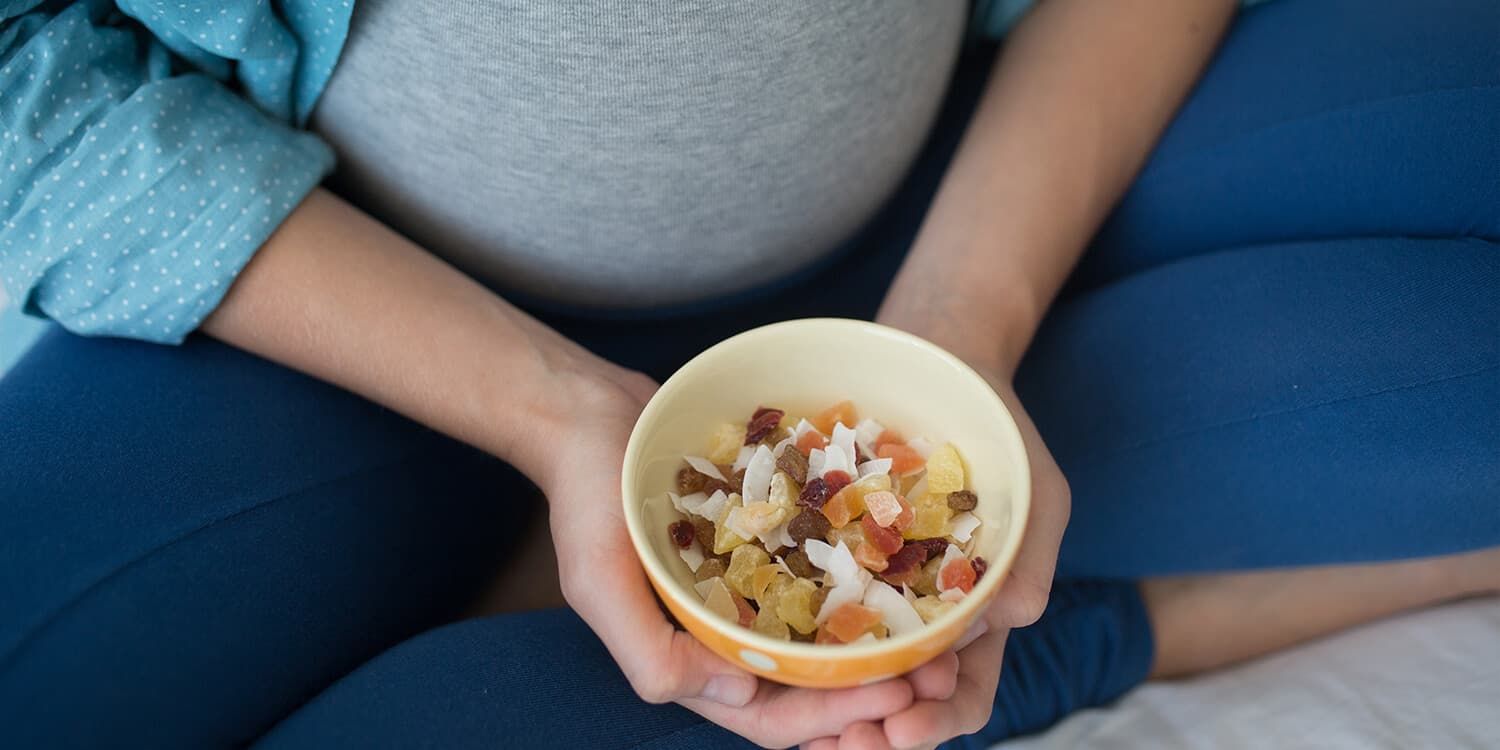In this MAM Expert interview, we talked to midwife and osteopath Camille Tallet who lives and works in Lyon, France. With a training and practice in both midwifery and osteopathy, Camille is well placed to understand and support women and babies during and after pregnancy and birth. She offers some fascinating insights into an area that affects many women.
Becoming a mother fundamentally changes your life and the experience can result in different levels of anxiety. A women’s reaction depends on personal circumstances, external events and can vary widely from one woman to another. However, if you do experience stress or anxiety, the simple act of acknowledging it will help minimize its impact. Having your experiences recognized and respected is the first step to building the reassurance and confidence you need.
MAM: Camille, tell us a bit about where stress during pregnancy can develop and what consequences it may have.
Camille Tallet: Well, pregnancy is a big responsibility and all women feel that, some more than others. If you become stressed, it affects your own personal sense of security and you can pass that anxiety on to your growing baby even before it’s born.
MAM: Why does this happen?
Camille Tallet: Being pregnant is not just a time of physical change. As an expectant mother, you will also experience psychological and social change. Most women say that motherhood makes them feel fulfilled and boosts their self-esteem, but this period of profound transformation and disruption can also leave them feeling vulnerable. It’s not an uncommon response. The current understanding is that around 20% of women experience anxiety during pregnancy.
MAM: What implications can this have for mother and baby?
Camille Tallet: Perinatal healthcare professionals have known for a while that stress plays a role in preterm labor and low birth weights. Studies on animals over the last 20 years have shown that stress affects the way babies develop. The good news is that maternal care can reverse some negative effects through non-genetic changes. The same things have been documented in humans, where prenatal stress causes vulnerability that affects the infant’s emotional, social and cognitive development. Stress also increases the risk of postnatal depression and PTSD, as well as the possibility of a difficult labor, which requires special care.
MAM: Are the causes natural or a product of external influences?
Camille Tallet: It’s a bit of both, but the way the woman’s body works is a major factor. When she feels stress, she produces excess cortisol and the placenta does not perform its barrier function to block the hormone. As well as cortisol, the placenta adds to the secretion of corticotropin-releasing hormone (CRH) that is transferred to the fetus. We know that CRH plays a role in triggering labor, which poses the risk of preterm birth. This is because it stimulates the production of prostaglandins and oxytocin that cause the uterine muscle to contract.
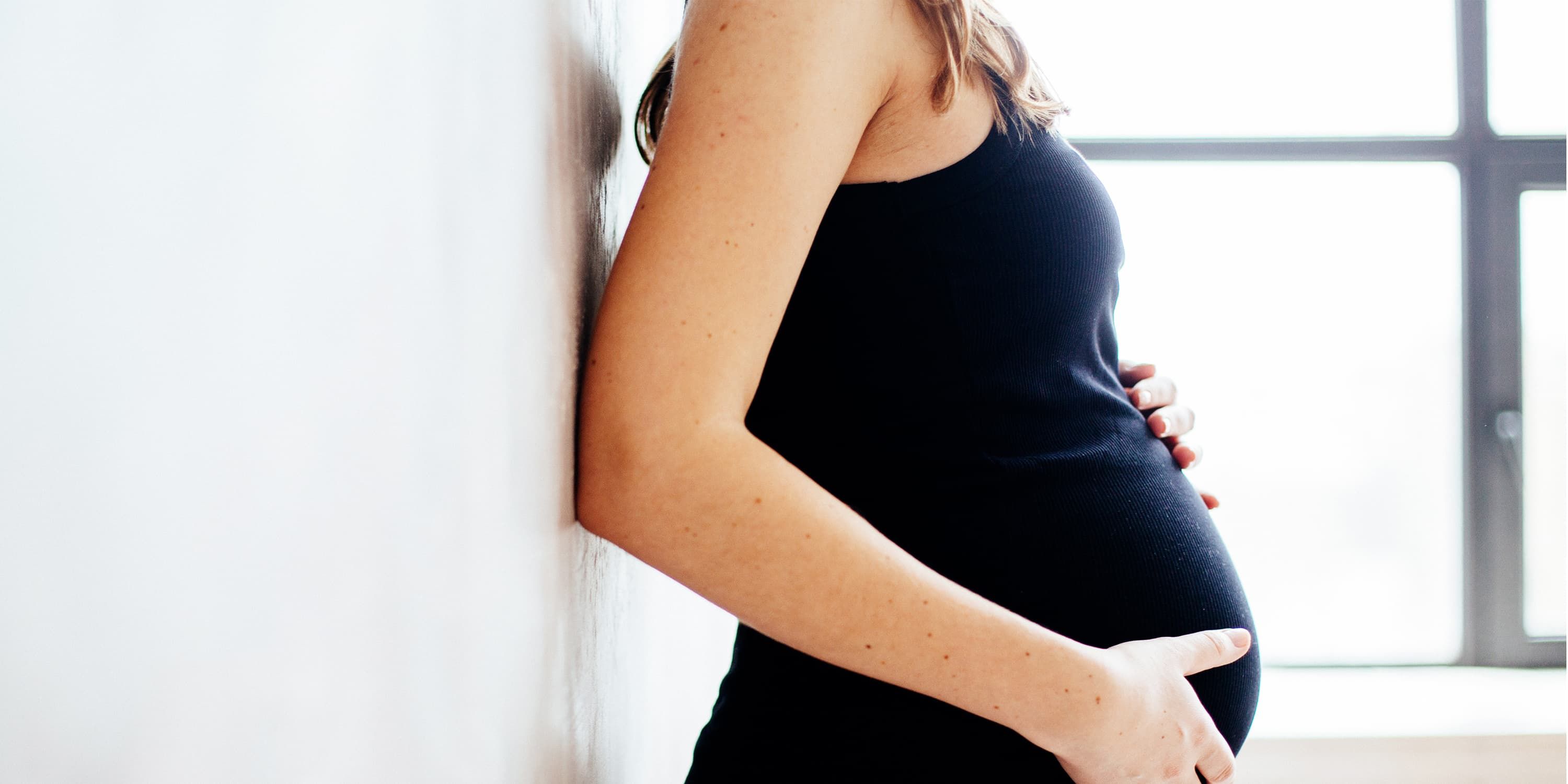
MAM: What are the consequences of prenatal stress?
Camille Tallet: Again, you can’t overgeneralize. All women experience pregnancy differently. But we do know quite a lot about certain causes and effects. For example, we know that CRH can trigger neurodevelopmental problems in babies, such as excitability, self-organization difficulties and attention deficit disorders. These will affect the mother’s well-being after birth and increase the risk of developing postnatal depression. Prenatal stress may also be a factor in increased pain expectations and especially an increased experience of pain on the day of delivery.
MAM: Is prenatal stress always negative?
Camille Tallet: That’s a good question. Pregnancy is by its nature a disruptive period of change and is susceptible to risk and unknown factors. This means it can be a stressful although not necessarily harmful experience. It depends on the pre- and postnatal care given to the mother. The other issue is that a certain level of stress can actually be positive, in that it activates both the attachment and caregiving systems.
MAM: What can expectant mothers do to cope effectively?
Camille Tallet: Emotional support during pregnancy is always good and should be personal, from the point of view of healthcare professionals. There is no “one size fits all” approach. Nowadays, early prenatal care appointments are standard practice and aim to create a personal space where all women can discuss their needs, expectations and concerns. Healthcare professionals are there to support you from the beginning of the pregnancy and ensure that it proceeds to term safely, for both you and your baby. Prenatal care is part of an effective preventative healthcare strategy.
Given the changes your body is undergoing and the amazing new life that you are creating, it is no surprise that certain levels of stress and even anxiety can occur during pregnancy. But with the right care and a supportive environment, you can effectively manage your emotions and concentrate on the miracle of life inside you.
Photos: Shutterstock
Sources:
Molénat, F. (2011). Naissances: pour une éthique de la prévention. Toulouse, France: ERES.
Molénat, F. (2009). Prévention précoce: petit traité pour construire des liens humains. Toulouse, France: ERES.
Van den Bergh, B. R. et al. (2005). Antenatal maternal anxiety and stress and the neurobehavioural development of the fetus and child: links and possible mechanisms. A review. Neuroscience and Biobehavioral Reviews, 29(2), 237–258.
Lang, A. J. et al. (2006). Anxiety sensitivity as a predictor of labor pain. European journal of pain (London, England), 10(3), 263–270.
Roegiers, L. & Molénat, F. (2011). Stress et grossesse: Quelle prévention pour quel risque?. Toulouse, France: ERES.


















